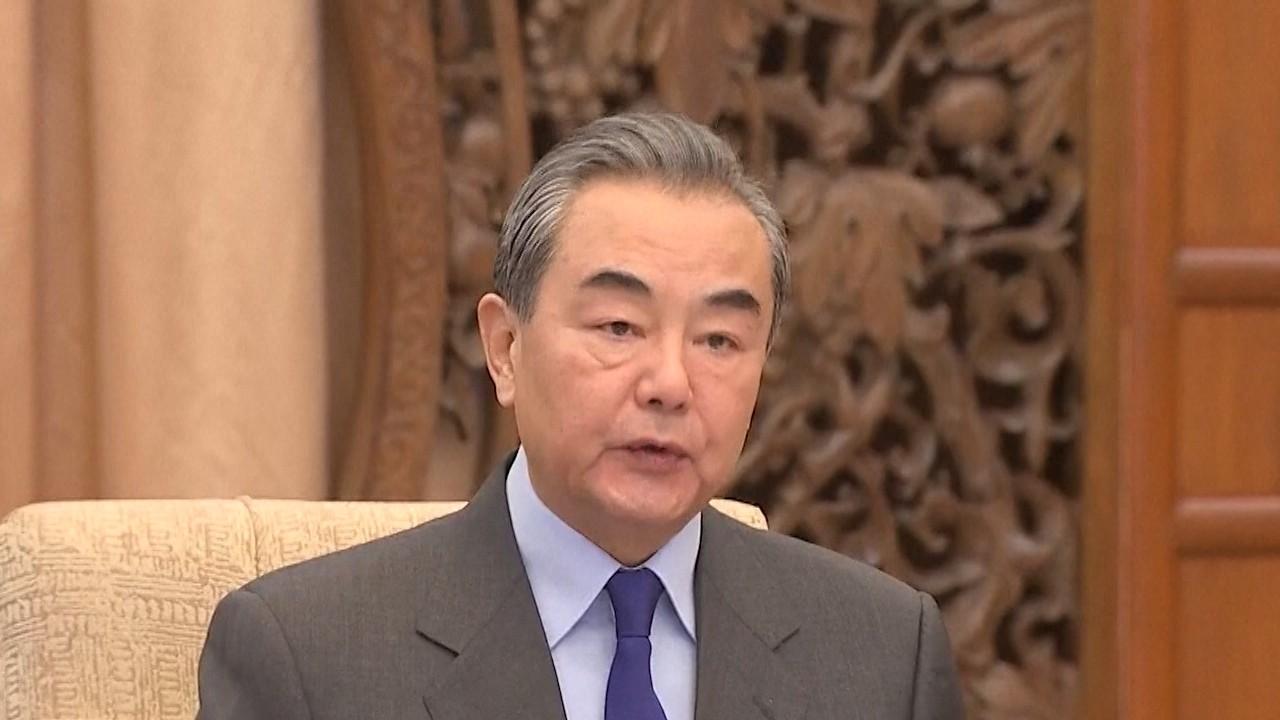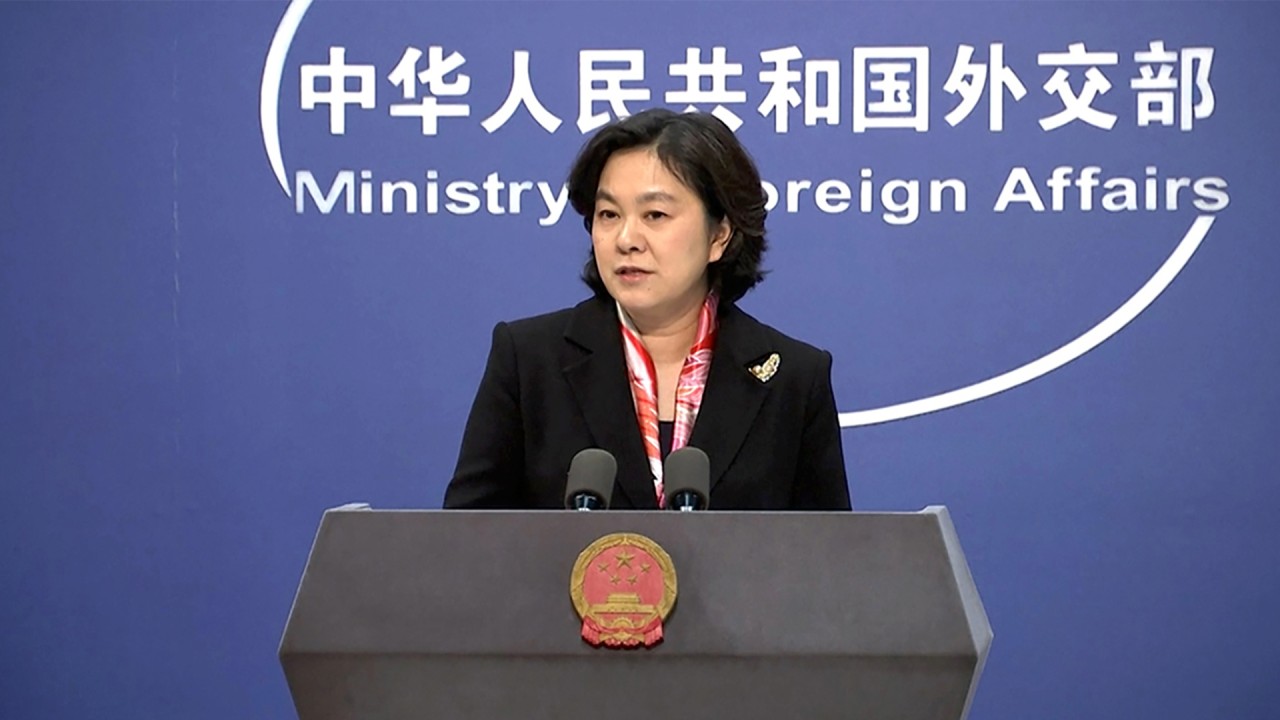
China looks to developing world as US stages global comeback
- China’s foreign minister puts the focus on Africa, Latin America and Southeast Asia in his annual press conference
- Beijing might find it more difficult to hold sway as Biden tries to revive international alliances
During the 90-minute event, Wang spent much of the time answering questions related to developing countries and regions, ranging from supplying Chinese vaccines to Africa, Latin America and Southeast Asia, to infrastructure investment in Central Asia.
It was a contrast with years past when the foreign minister fielded questions from Western media outlets such as CNN, the BBC and Reuters.
“The Chinese side resolutely believes that diversity is a distinct feature in human civilisation. Differences in political systems should not be a reason for confrontation, but a chance for dialogue and exchange,” he said.

01:15
Chinese Foreign Minister Wang Yi puts forward 5 proposals for more stable China-US ties
Wang drove home the point on Sunday by saying China opposed US-led “exclusive cliques”. He highlighted Beijing’s support for developing countries, saying that China had sent vaccines to more than 35 African countries and 12 Latin American nations.
In describing Beijing’s relations with African countries, the Chinese diplomat even invoked Maoist references to uniting postcolonial nations.
“The deep friendship between China and Africa was formed during our arduous struggle for national independence and liberation. We are comrades in arms and brothers,” Wang said in response to a question from an Egyptian reporter.
China-US rivalry: cancelled trips to Taiwan, Europe will help ease pressure for a while, observers say
Pang Zhongying, a professor of international relations at Ocean University of China, said Wang was signalling China’s desire to muster support from non-Western countries at a time of increasing US-led containment.
“The Biden administration has been seeking to strengthen the US-led alliance to counter China. The current international environment presents an acute challenge for China,” Pang said.
“During Mao’s time, China received support from its ‘iron-clad brothers’ in the developing world like Albania and Cambodia. But it would be challenging to build such a sphere of influence in today’s world.”
Pang said the military coup in Myanmar last month had tested the limit of China’s influence in its own backyard.
As the conflict in the Southeast Asian nation deepens, China has insisted that the situation should be resolved domestically and vetoed efforts by the UN Security Council to condemn the military.
Wang said on Sunday that China would continue to communicate with all sides in Myanmar and the Association of Southeast Asian Nations and said its friendly ties would not change “regardless of the changes in Myanmar”.

00:51
Beijing says Myanmar’s situation is ‘something China does not wish to see’
Pang also said Beijing’s influence could be limited.
“The Myanmar situation has proven to be another challenge as it has been unclear what role China can play in mediating the situation,” he said.
“There has not been much coordination between China and other powers such as the US and Japan,” he said, adding there had also not been substantial progress on the code of conduct negotiations for the South China Sea.
Also at the press conference, Wang called on the US to return to the nuclear agreement with Iran and again floated China’s proposal to create a platform for talks with Gulf countries to handle various issues in the Middle East beyond Iran, although he did not offer details.
China and Arab countries had agreed to hold a summit later this year, he said.
Joe Biden says US needs major infrastructure plan to keep pace with China
Ilaria Carrozza, a senior researcher at the Peace Research Institute Oslo, said developing countries had always been at the centre of China’s foreign policy strategy.
“The Middle East is a slightly newer area for China to be involved in because China has so far refrained from getting engaged in places that had ongoing conflicts or difficult political situations. But as part of the belt and road, now China also has large-scale dealings with countries such as Iran, Saudi Arabia and the United Arab Emirates,” she said.
Carrozza said China had long sought to foster ties with “friendly” countries, for example, to gain support for its positions and resolutions at the UN Security Council.
But Beijing might find this harder to do if the US regained the trust of EU allies that it lost in the Trump-era.
“The US [had been] taking on a more America-centred vision that has [made it] easier in the past few years for China to push its ideas and balance against the US. But if Biden gets more friendly again with the allies, then I think it would be a lot more difficult for China economically, strategically and diplomatically,” she said.
China’s strategy in Africa to boost digitalisation will continue to be successful in the near and long term as part of south-south cooperation, according to Carrozza.
“We will see new fields coming into the picture [on top of] infrastructure deals, ports, railroads. New areas where China is trying to get more influential will also matter and digital technology definitely is one of those,” she said.


